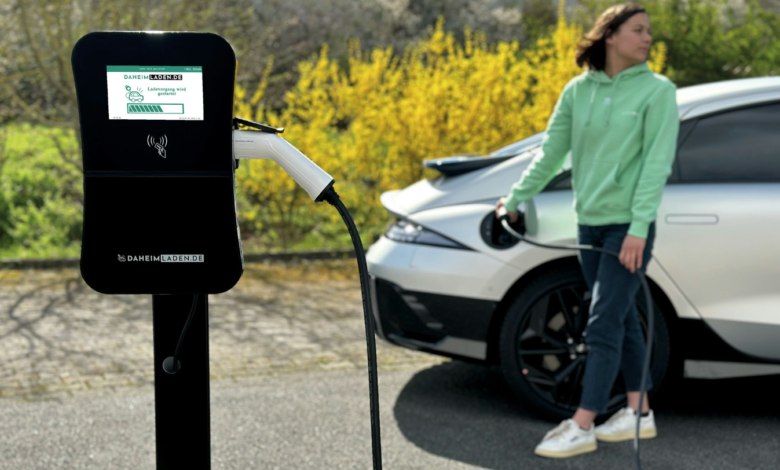Industry demands many more charging stations for electric cars in Europe

An estimate of ACEA sends into crisis the institutional projections on charging stations for electric cars
There is a worrying gap between the availability of charging stations for public electric cars and real needs. This is stated in a new report by the European Automobile Manufacturers Association (ACEA), which states that much more needs to be done to achieve the CO2 reduction targets.
According to the dossier, sales of electric cars in the European Union grew three times faster than the installation of charging points between 2017 and 2023. According to projections, the EU would need to build eight times more stations than expected each year by 2030.
read also Recharging electric cars, in Cologne the revolution hides in the sidewalk
ACEA General Manager Sigrid de Vries says “we need a mass deployment of electric cars in all EU countries to achieve Europe’s ambitious CO2 reduction targets. This will not happen without a widespread availability of public charging infrastructure throughout the region. We are very concerned that the development of the infrastructure has not kept pace with the sales of electric battery cars in recent years. Moreover, this ‘infrastructure gap’ is likely to widen in the future, to a much greater extent than estimated by the European Commission”.
Brussels has estimated that 3.5 million charging points should be installed by 2030. That means about 410,000 public stations a year, three times the current installation rate. And already some headache arises. However, ACEA estimates that 8.8 million charging points will be needed by 2030. Achieving this goal would require the installation of 1.2 million chargers per year. This leads the industry to assess the need to increase the annual installation rate by 8 times compared to today.
The ACEA DG warned that “easy access to public charging points is not only ‘optional’, but an essential condition for decarbonizing road transport. Investments in public charging infrastructure must be urgently strengthened if we are to close the infrastructure gap and achieve climate targets”.





